New analysis suggests Uber adding significantly to pollution and traffic in European cities
Green Car Congress
NOVEMBER 23, 2019
Uber is adding more polluting car trips to already-clogged European cities such as London and Paris, new analysis by European NGOs suggests —contributing to air pollution and climate change and exploding the company’s sustainability claims. million users in London in 2019 and with 2.7

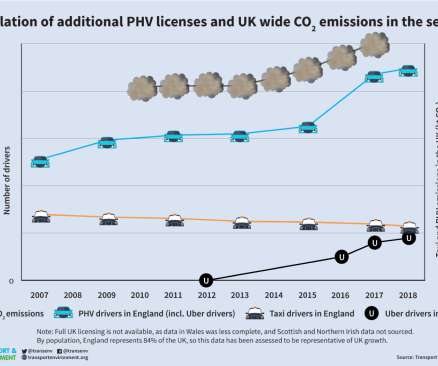

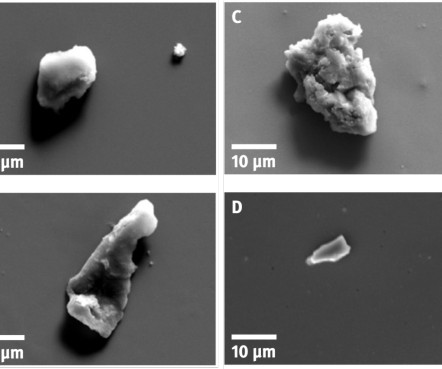
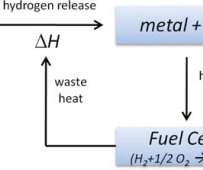
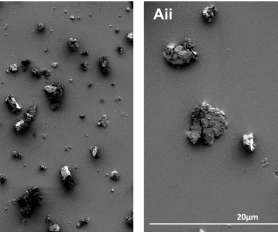



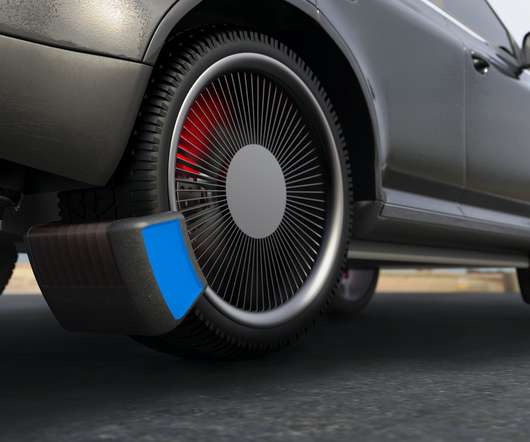





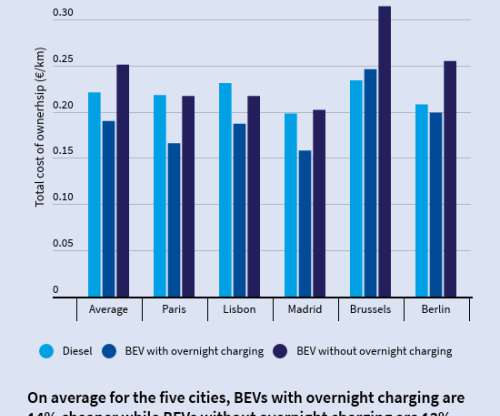


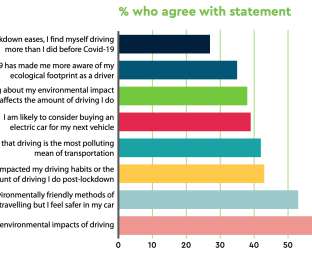











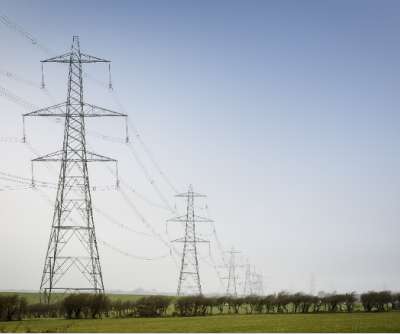

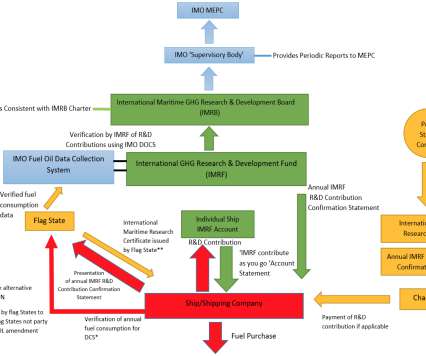



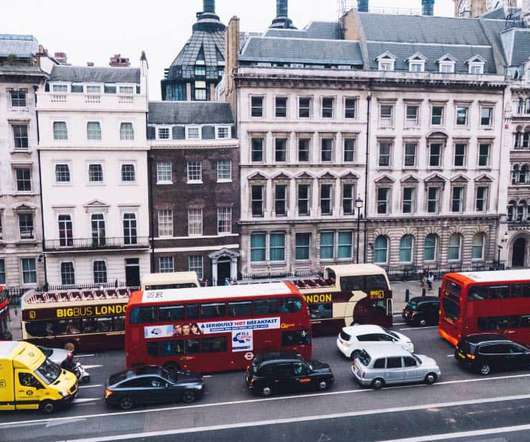










Let's personalize your content